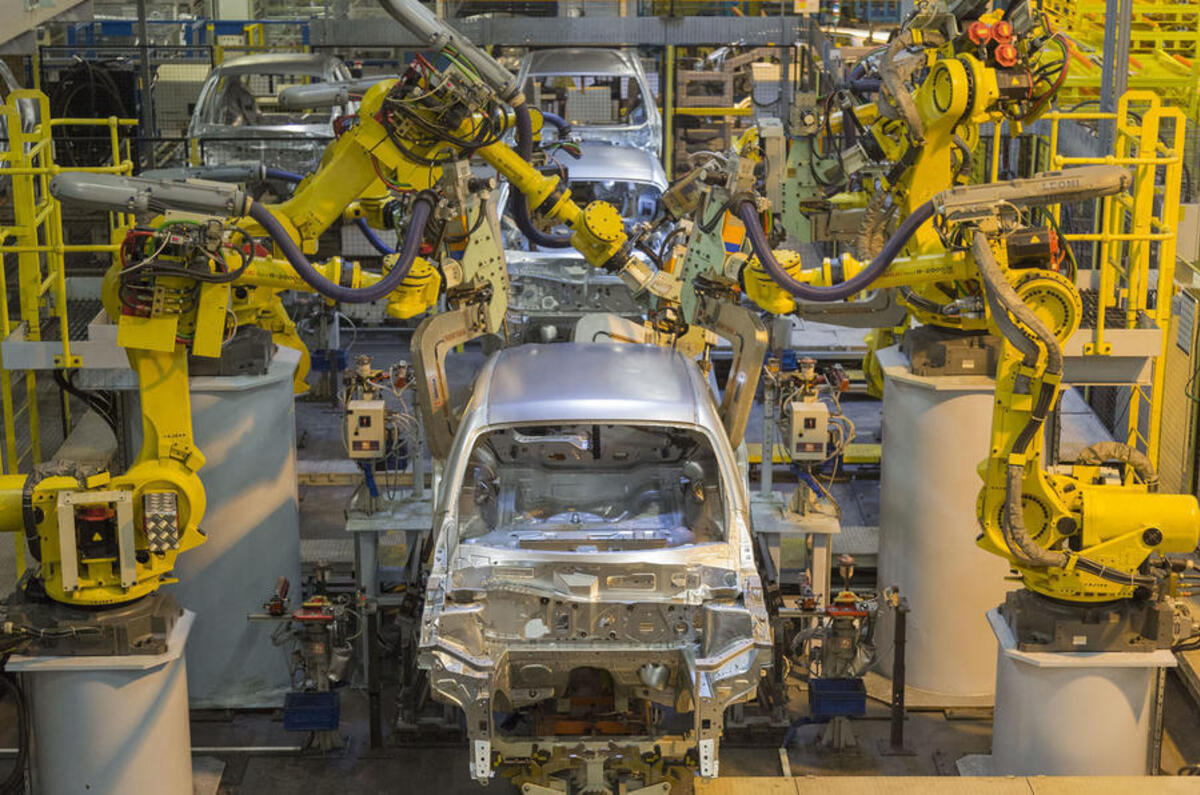The UK car industry is optimistic of a long-awaited production rebound after new figures from the Society of Motor Manufacturers and Traders revealed a significant 13.1% uptick in cars produced here last month.
A total of 69,707 cars left factories around the country last month – 8050 more than in February 2022 – with production for home and overseas markets rising by 20.3% and 11.5% respectively.




Add your comment